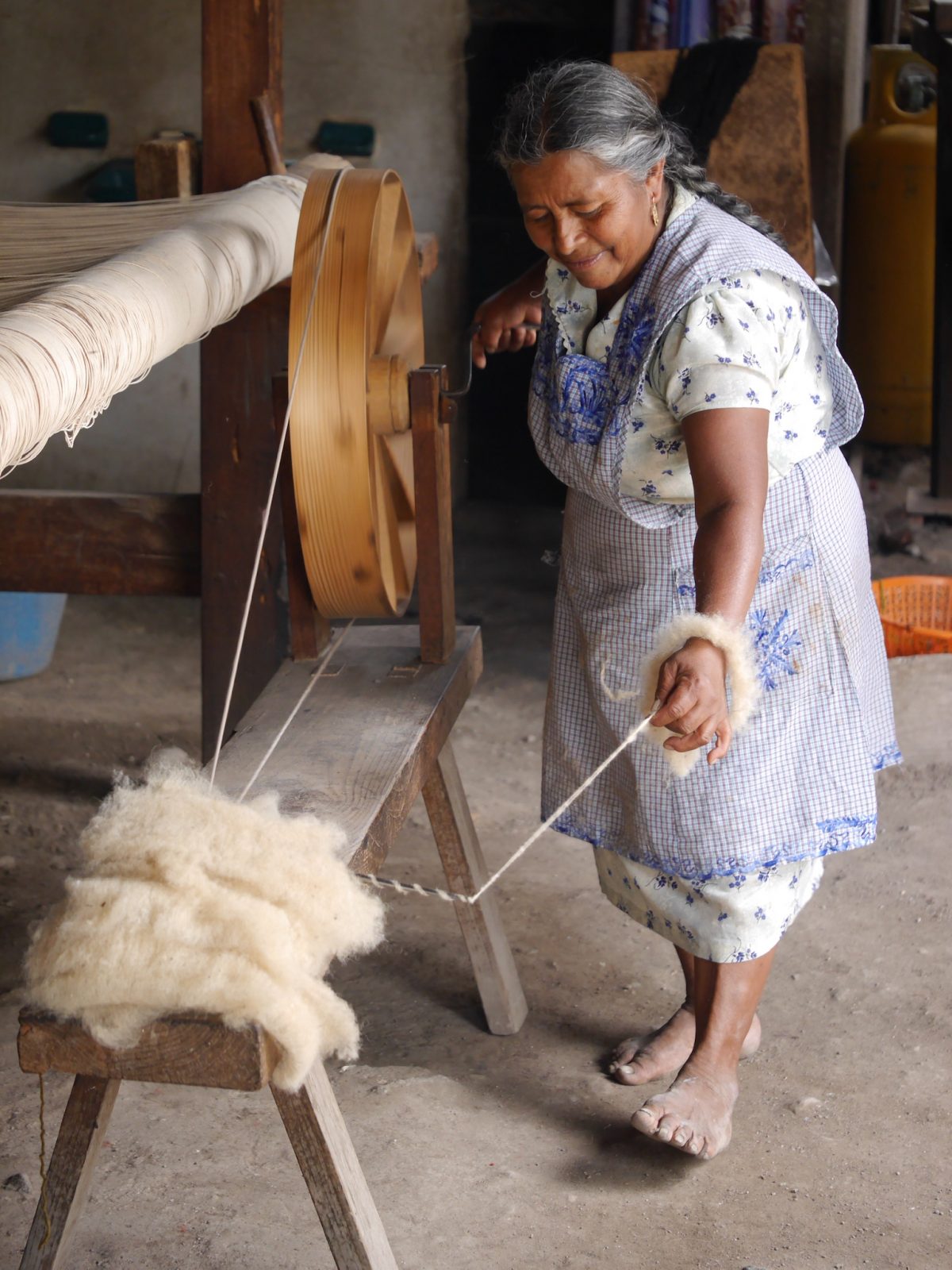For the past 12 years, UC Berkeley’s Global Poverty & Practice Minor has supported 1,013 students in completing their practice experience in 72 countries. The practice experience is a six-week fieldwork opportunity in which students connect theory with action by partnering with nongovernmental or community organizations, government agencies, or other development programs domestically or abroad. The Blum Center offers funding support for students’ practice experiences through a competitive fellowship.
Every Fall, students who have completed their practice experience, are invited to compete in the Global Poverty & Practice photo contest. Photos are judged based on three criteria: visual content, aesthetics, and caption. Below are this year’s winners.
Winners

Practice Experience: Fundación En Vía, Teotitán del Valle – Oaxaca, Mexico
Mrs. Martinez Mendoza spins carded wool into yarn. The yarn will be used on a loom to make the tapestries traditional to her village of Teotitlán del Valle. She has been weaving since her childhood and, alongside her husband, has taught her three daughters and two sons how to weave. Fundación En Vía provides interest-free loans to her daughters, which enable them to continue this tradition and grow their business.
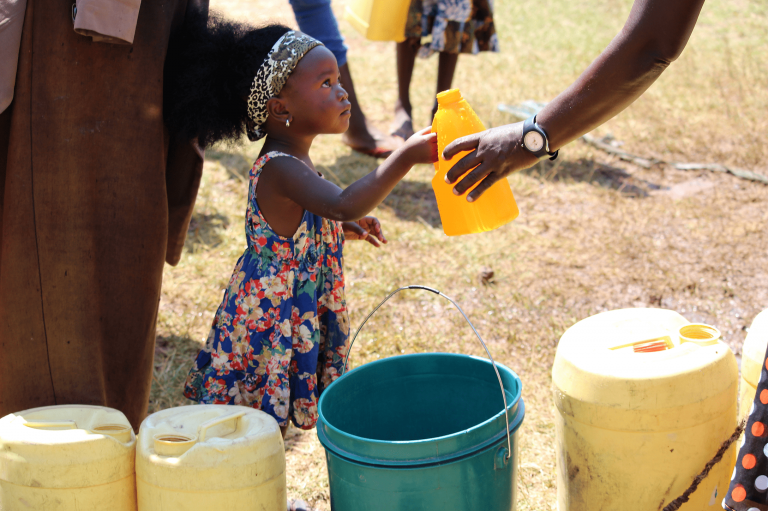
Practice Experience: Maji Safi Group – Shirati, Tanzania
A young girl looks up trustingly as she brings her 1L bottle to be filled with clean water by Community Health Educators. Today, the water is free and she proudly carries it home to help her family store as much as possible. But distributing free water is unsustainable, and community residents will soon be forced to choose between paying for water or using heavily polluted surface water.
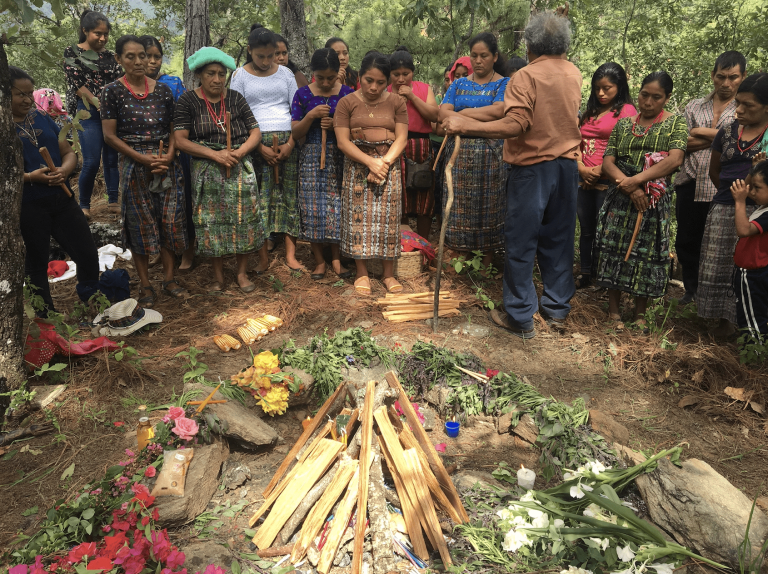
Practice Experience: Voces y Manos – Rabinal, Guatemala
Climate change in rural Guatemala is causing crops to die and therefore people cannot produce enough food to sustain themselves. Here, the Maya Achi people congregate for a spiritual Mayan fire ceremony to ask Mother Nature for forgiveness for hurting her and to plead for her future abundance.
Finalists
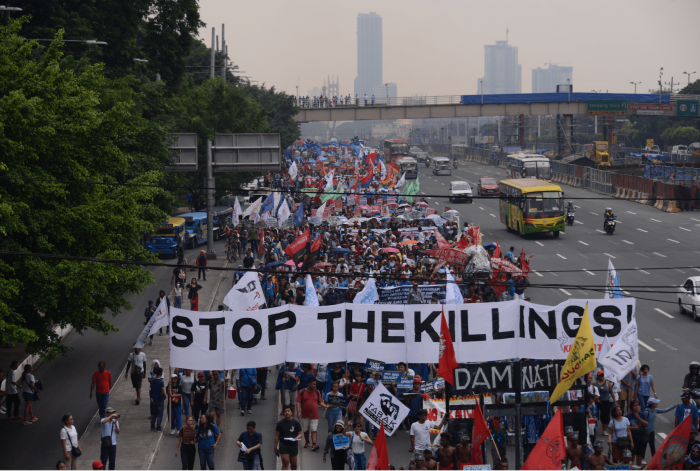
Practice Experience: Kalipunan ng Damayang Mahihirap – Quezon City, Philippines
Thousands from progressive organizations and urban poor communities rallied on Commonwealth Avenue in Quezon City against Philippines President Rodrigo Duterte and his State of the Nation Address on July 21, 2019. The “Open Seas” effigies, referring to the President’s lack of action to assert Philippine sovereignty over the West Philippine Sea against the claims of China.
Practice Experience: Voices of the Experienced – Monroe, Louisiana
Louisiana has the highest incarceration rate in the nation, and many there face the racial and social control of mass incarceration. The organization Black Voters Matter and Voice of the Experienced bused across Louisiana to register formerly incarcerated individuals to vote. Here, Monroe locals show it takes power from the people to push against the criminal (in)justice system.
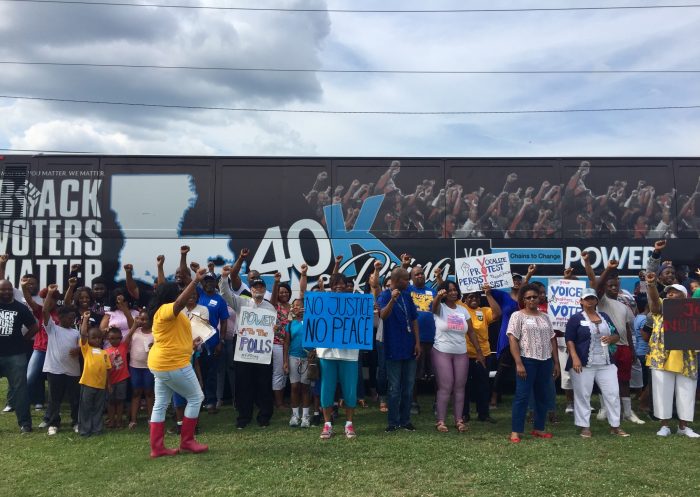
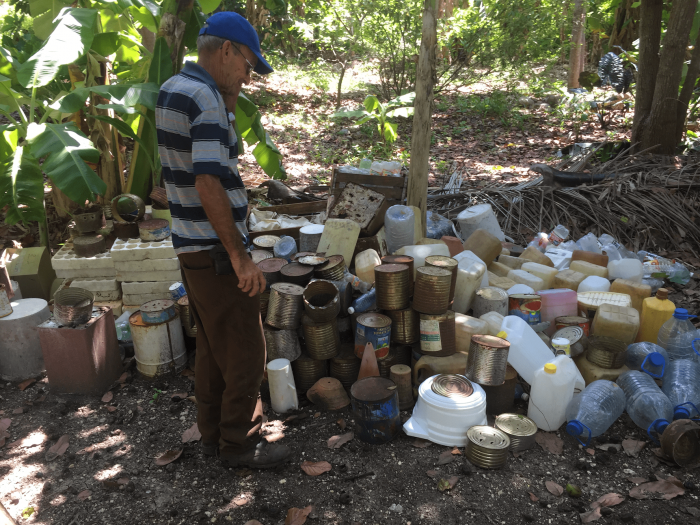
Practice Experience: UBPC Alamar – Alamar, Cuba
Pablo casts a tired glance as he determines which can to use for his seed farming business in Alamar, Cuba. He has been working in sustainable farming for six years. People leave all sorts of containers (and trash) right outside his gate, the best of which he uses to place seeds and sproutings. His livelihood consists of eating almost all of the vegetables and fruits from his garden and selling the rest.
Practice Experience: Health in Harmony – Sukadana, Indonesia
These farmers have created a complex system of organic farming that includes goats, manure, and catfish, all contributing to fertilizer. Fire is used to keep the mosquitoes away, as smoke is a natural pesticide. Produce is given to employees, and the farming methods are passed on to locals.
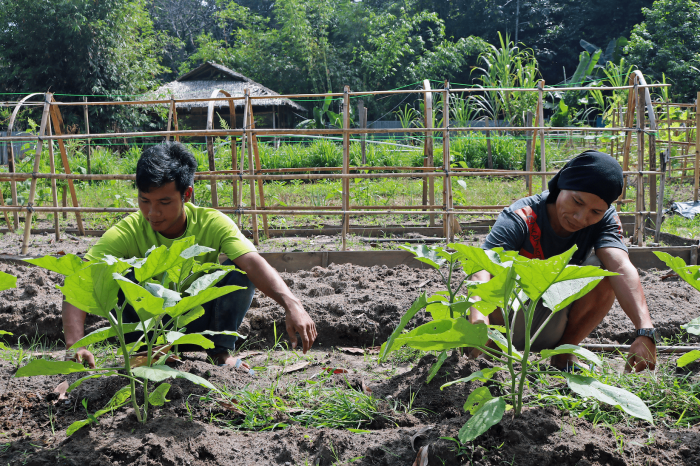
Author: Veena Narashiman
